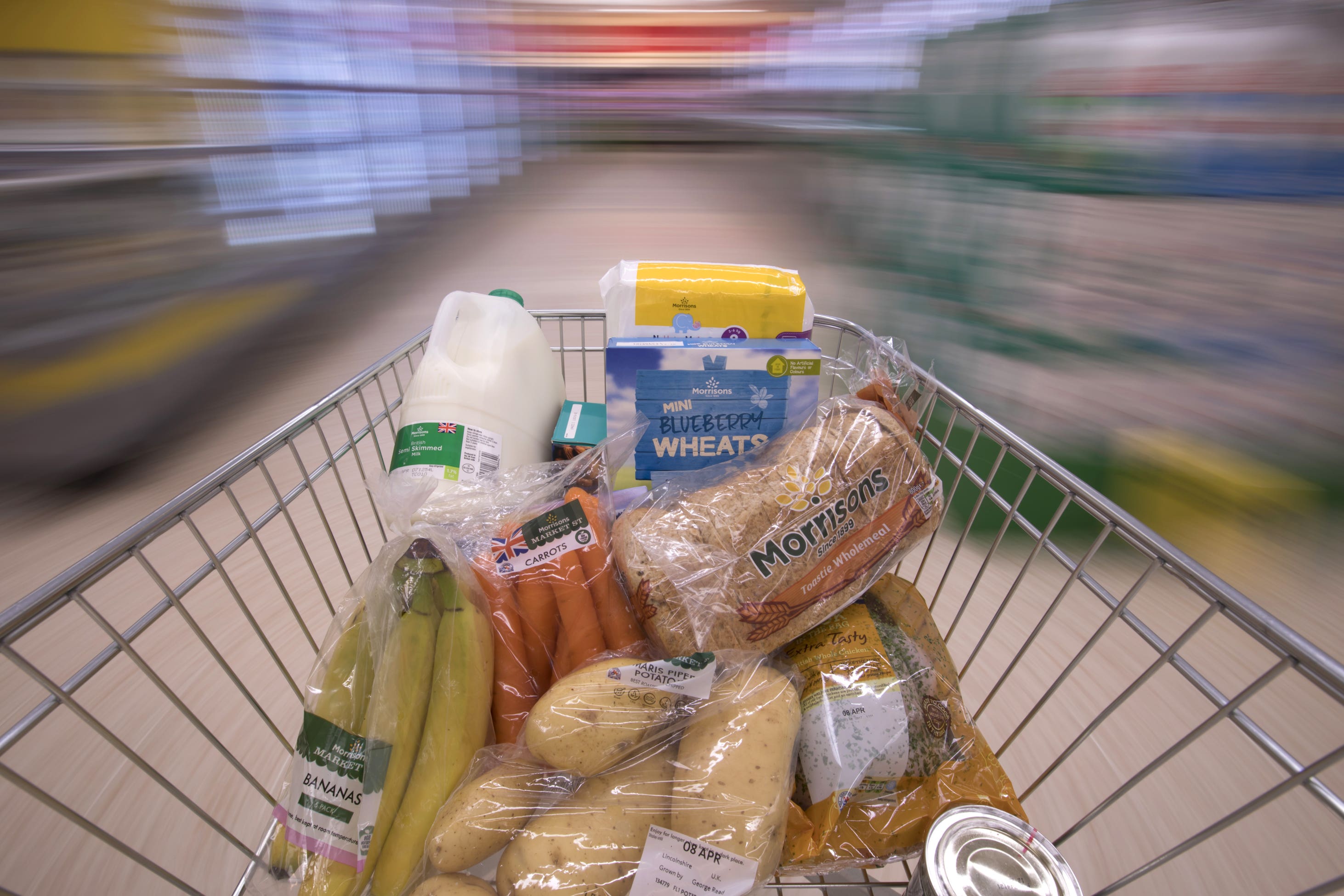Nestle hikes prices by 10 per cent as grocery inflation remains stubbornly high
Shoppers are paying 17.3 per cent more than in April last year, inflation figures show

Nestle raised its prices by an average of nearly 10 per cent in the first three months of the year, it said on Tuesday, as new figures show overall UK food and drink inflation is at an eye-watering 17.3 per cent.
The Swiss food and drink giant, which owns brands such as KitKat and Haagen Dazs, said ice cream and pet food saw particularly sharp rises.
It said the prices of ice cream and milk products increased by 11.8 per cent over the quarter, and pet food brands, such as Felix, saw a 12.2 per cent jump. Overall, its pricing increased by 9.8 per cent as it sought to pass on the impact of “significant cost inflation”.
The increases led to a small decline – 0.5 per cent – in the volume of Nestle products being bought by shoppers, while total sales increased by 5.6 per cent to £21.2bn.
The group’s Purina PetCare business in particular helped to drive growth, while coffee sales were also strong, with growth across its Nescafe and Nespresso brands.
It came as industry data from Kantar revealed that grocery price inflation was at 17.3 per cent in April, almost unchanged from last month’s 17.5 per cent.
As consumers continued to find ways to manage their household budgets, own-label sales were up 13.5 per cent year on year, with the very cheapest value lines soaring by 46 per cent.
However, stretched finances still allowed for a record-breaking Easter, with 38 million chocolate eggs and treats bought in the run-up to Easter Sunday – 5 million more than last year – and hot cross bun sales up 5 per cent on last year.
Fraser McKevitt, head of retail and consumer insight at Kantar, said: “The latest drop in grocery price inflation will be welcome news for shoppers but it’s too early to call the top.
“We’ve been here before, when the rate fell at the end of 2022, only for it to rise again over the first quarter of this year.
“It’s important to remember, of course, that falling grocery inflation doesn’t mean lower prices, it just means prices aren’t increasing as quickly.”
Aldi reached beyond a 10 per cent share of the market for the first time this month, hitting 10.1 per cent, while Lidl also hit a new record share of 7.6 per cent.
Lidl was the fastest-growing grocer, with sales increasing by 25.1 per cent, while Aldi was just behind on 25 per cent.
Mr McKevitt said shoppers were likely to be looking ahead to the three bank holidays in May – including the one to mark the coronation – which could affect grocery sales.
“During the week of the platinum jubilee last year, they were £87m higher than average,” he said.
“We’ll be keeping a close eye on the data in the weeks to come to see if we get the same effect this time around, including how many of us indulge in a ‘coronation quiche’. Only half of British households bought a quiche over the past year, so it might not be for everyone.”
Bookmark popover
Removed from bookmarks